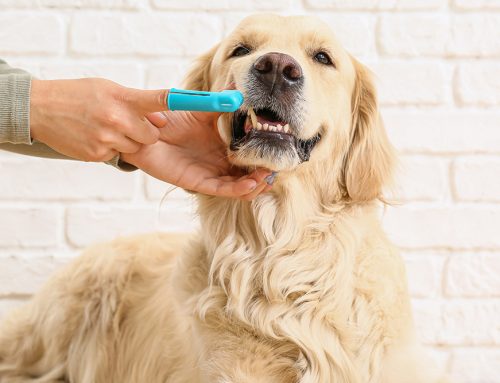A key component of any wellness plan for an older pet should be annual, and even better, biannual bloodwork and laboratory screening tests. These tests typically include several components. A complete blood count (CBC), which can detect anemia, infection, chronic inflammatory conditions, blood clotting problems, and even some cancers. A serum chemistry panel screens for many different illnesses in their early stages, including kidney, liver, and/or pancreatic disease, diabetes, and hormone imbalances. Most senior wellness screening packages also include a thyroid test and a urinalysis, which provide valuable information about thyroid levels as well as kidney and bladder function and health.
That’s the type of information that senior wellness screening provides. Here are the reasons why it’s so important:
- It’s much easier to treat a condition diagnosed in its early stages than to play catch up after the disease has significantly progressed. It’s also typically much less expensive. Almost every pet will develop at least one serious medical condition in their senior years. Regular blood screening allows us to diagnose these medical conditions as early as possible. The chances of successfully treating geriatric disease is directly dependent on how soon the condition is caught.
- It is the nature of cats and dogs to hide the symptoms of their illnesses. This is one reason why pets can seem perfectly healthy one day and critically ill the next. They will hide disease until it is no longer physically possible to do so. Often a client will bring in a geriatric pet that shows no concrete signs of illness on the exam. But then lab results reveal urinary tract infection, chronic inflammation, or kidney disease. The ability to diagnose these illnesses before they are too advanced to hide is one beauty of regular senior wellness screening. This is especially important with cats, who are masters at hiding illness!
- Older pets age the equivalent of 4-7 human years in a 12 month period of time. A lot can change during that amount of aging! This is why bloodwork is recommended twice yearly in geriatric pets. If a pet develops a condition soon after an annual exam, that condition has the chance to progress significantly before the next annual exam. For this reason, every major professional veterinary organization that publishes health recommendations for the “over fifty” crowd recommends bloodwork and a physical exam every 6 months.
Photo by Lisa Fotios from Pexels






Leave A Comment